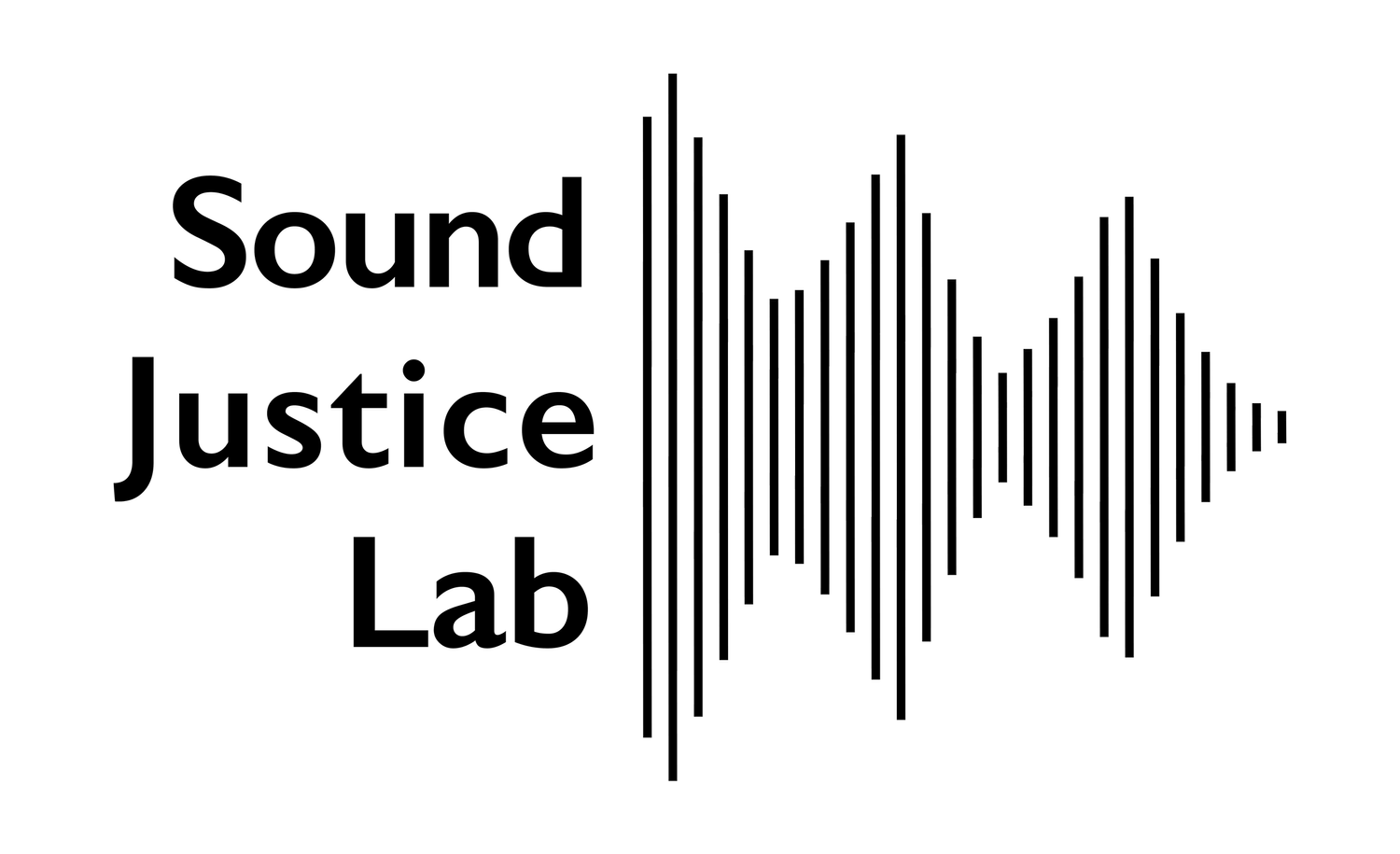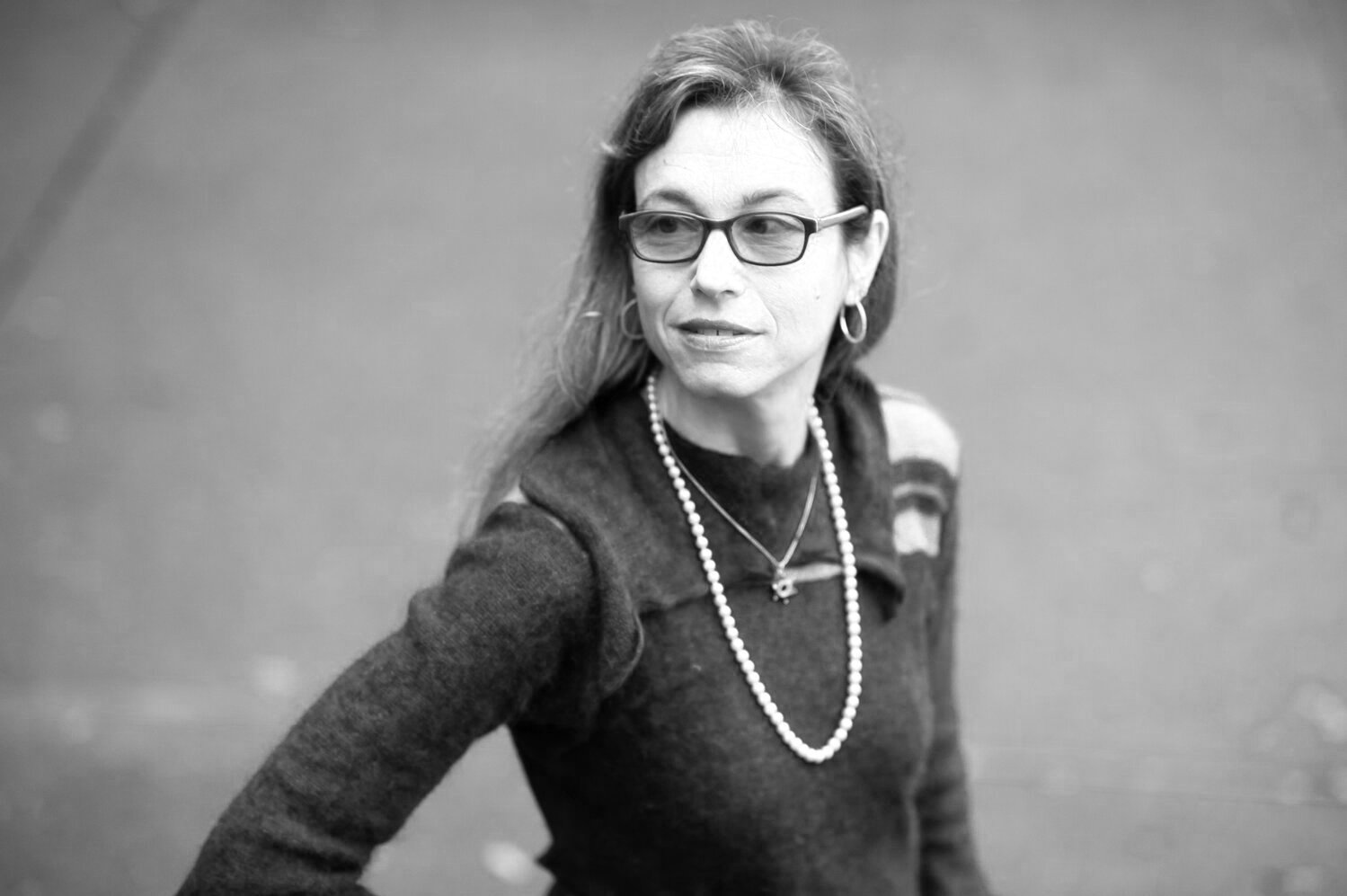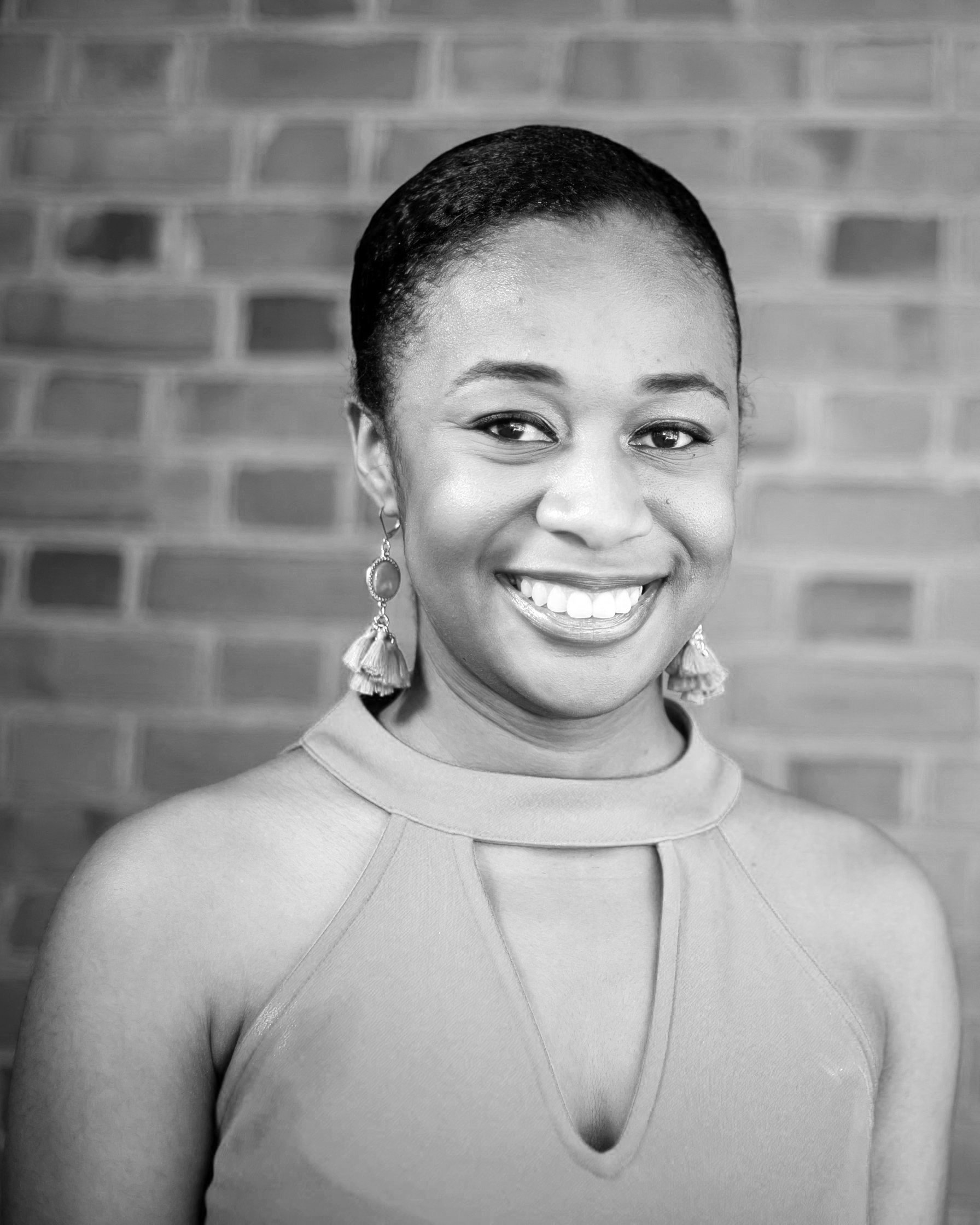MUSI 3559 - Narratives of Sound Justice -
MUSI 3559 - Narratives of Sound Justice -
This class works with the Sound Justice Lab to create a space for exploring creative and everyday responses to legal failures and erasures. We use research, advocacy, and creative practice to amplify and support the voices often omitted by formal legal processes. We will focus on technologies of silence, open justice, and legal fictions. Students will pursue individual and creative projects related to creative approaches to refugee health education, the aesthetics of migration, the relationship of cannon formation to book banning, and the potential power of music for justice impacted individuals.
With Professor Bonnie Gordon & Mary Garner McGehee | Monday 1:00 - 2:30pm
Voice and Silence in Law and Literature |
Voice and Silence in Law and Literature |
Participants in this short course will explore the legal, literary, and cultural mechanisms that amplify the voices of some speakers, while silencing the voices of others.
What are the norms and processes through which legal and literary texts endorse some stories – and their associated justice claims – as true, while discarding others as false?
What methodologies – ranging from the legal to the literary to the cultural – may we use to bring into the canon the neglected perspectives of people of color, women, LGBTQ+ folks, and the poor?
We’ll explore narrative conventions and cultural norms, as well as legal technologies, that determine whose voices are heard and whose are not.
Our texts will be eclectic, including stories, memoirs, poetry, film, music, investigative journalism, legal cases, excerpts from police how-to manuals, and public-welfare assistance forms.
With Professor Anne Coughlin
And Lawyer & Poet Amy Woolard
Thursdays
6:00 - 8:00pm
MUSI 3510/2510: Music as Community Engagement : Gun Violence Remix -
MUSI 3510/2510: Music as Community Engagement : Gun Violence Remix -
To remix is to rewrite, recombine, reproduce. This community engagement class explores connections between sound, listening, and the wicked problem of gun violence. The class uses sound and listening to take a deep dive into the historical roots of firearms in the United States and the structural violence that reverberates in shots fired. We will tackle questions like: what are the cultural forces behind gun violence and where are the opportunities for change? What does the law hear and not hear? What tools do students need to understand existing data around gun violence and what stories does that data not tell? In exploring these and other questions and engaging in creative advocacy, student will directly engage with the Sound Justice LabLinks to an external site.. Course materials include archival documents housed in special collections, contemporary poetry, music, poetry, legal documents and academic articles. Students will have the opportunity to experiment with photo voice, audio storytelling and intentional playlists. The class has a civic engagement component that offers students opportunities to engage lawyers, artists, and social justice practitioners in Charlottesville and beyond to produce research and creative work. It also provides a space to respond to and engage current events through individual and collective art making. We will explore a variety of methods appropriate for use in community partnerships. Group projects will allow students to apply qualitative research and engagement techniques while contributing to a local planning question. The class can be used to fulfill the music major requirements, but musical or other artistic experience is not necessary.
With Professor Bonnie Gordon & Carlehr Swanson | Tuesday/Thursday 12:30-1:45





